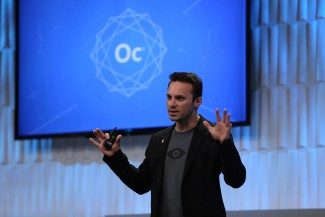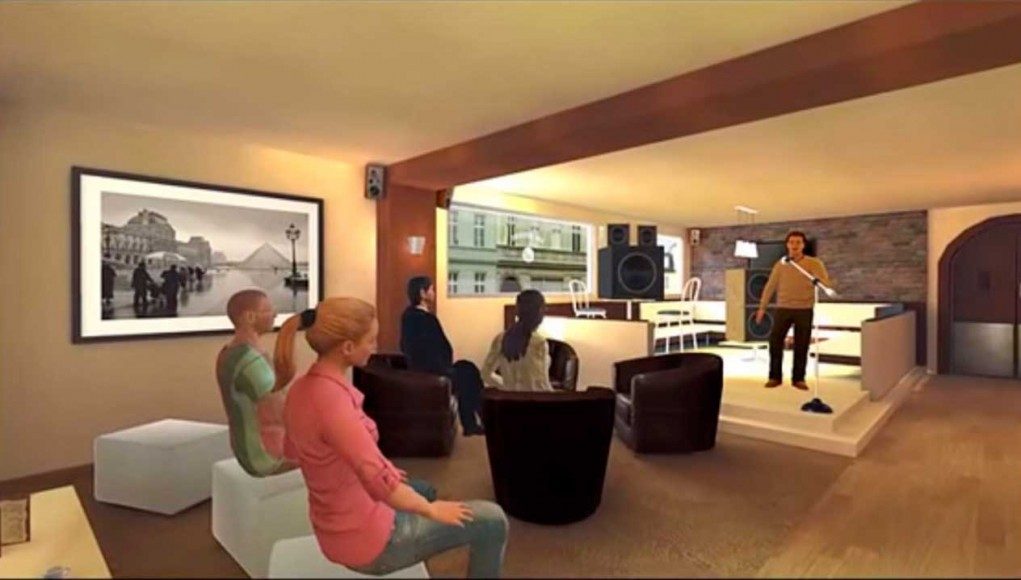 One of the gold standards of a VR experience is being able to achieve Presence, but Presence is an elusive concept to precisely define. Mel Slater is one of the leading researchers into Presence and says that it’s a combination of the ‘Place Illusion’ and ‘Presence Illusion’, which Richard Skarbez elaborates by saying that the Place Illusion represents the degree of immersion that you feel by being transported to another place, and the Plausibility Illusion is the degree to which you feel that that the overall scene matches your expectations for coherence.
One of the gold standards of a VR experience is being able to achieve Presence, but Presence is an elusive concept to precisely define. Mel Slater is one of the leading researchers into Presence and says that it’s a combination of the ‘Place Illusion’ and ‘Presence Illusion’, which Richard Skarbez elaborates by saying that the Place Illusion represents the degree of immersion that you feel by being transported to another place, and the Plausibility Illusion is the degree to which you feel that that the overall scene matches your expectations for coherence.
LISTEN TO THE VOICES OF VR PODCAST
Anthony Steed is a professor in the Virtual Environments and Computer Graphics group in the Department of Computer Science, University College London. I had a chance to catch up with Anthony at the IEEE VR conference where he talks about doing distributed Presence research with a Gear VR, the role of plausibility in Presence, how social Presence fits into Mel’s two illusions of Presence, and some of the discussions about sharing knowledge between game developers and academics that happened at GDC and IEEE VR conferences this year.

Anthony studied under Mel Slater, and he was a co-author of one of the major Presence surveys referred to as the Slater, Usoh & Steed survey in the “Depth of Presence in Virtual Environments” paper. Anthony was also the winner of the 2016 Virtual Reality Technical Achievement Award presented at the IEEE VR conference this year.
Here’s a video of the Presence Experiment that Anthony conducted on the Gear VR, and where he found that tapping on your body during the music without having your hands tracked had a negative impact on embodiment.
Here’s the 2015 IEEE VR poster from Richard Skarbez talking about his Presence research into the Place Illusion and Plausibility Illusion:
Interesting #IEEEVR poster on presence
Immersion influences Place Illusion Coherence influences Plausibility Illusion pic.twitter.com/FXHQIem4b3— KentBye Voices of VR (@kentbye) March 23, 2015
Support Voices of VR
- Subscribe on iTunes
- Donate to the Voices of VR Podcast Patreon
Music: Fatality & Summer Trip







